BP105
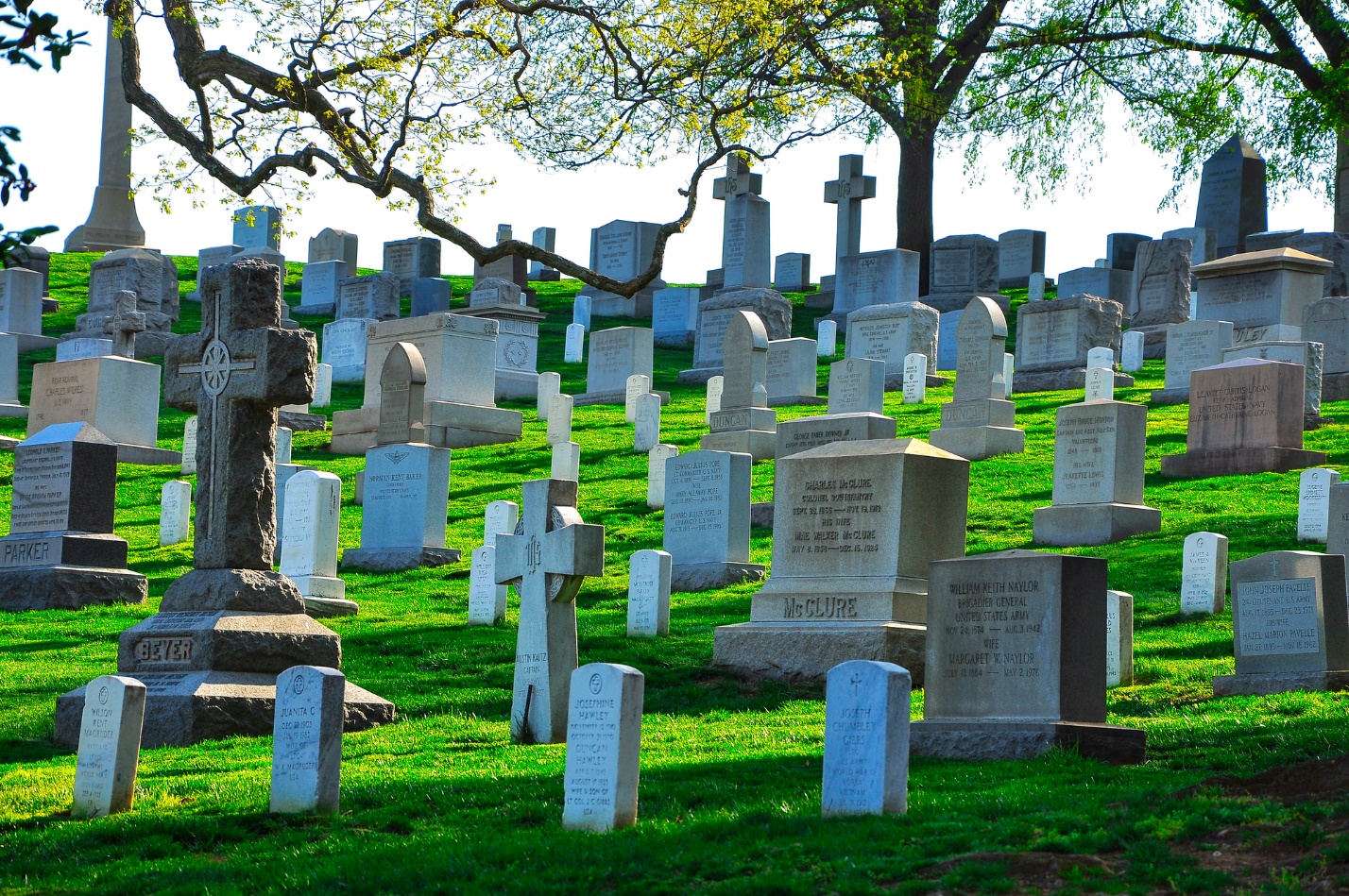
On a bright summer day, my wife and I drive four hours down to the small southwestern Minnesota town where I had attended middle school and high school. I am going to visit my mother, but not at her house which now strangely belonged to someone else. A year earlier she had died. I am going to visit her gravesite.
As we drive out of town toward the west, I am headed to a familiar place. Even though I had only lived in the town for seven years, I had been visiting the cemetery that sprawls out on a gradually sloping hillside surrounded by farm fields since I was very young. You see, many family members have been buried in this place over the last century. My living family had been coming here for years hauling water to nourish the living flowers planted among the graves of the dead.
When my wife drops me off at the cemetery, it is very quiet—and empty. No one is there besides me that I can see—no one who is alive, at least. If you count the dead, I am in the company of hundreds and hundreds of people. Very likely thousands. I cannot help but imagine what it would be like for them to rise from their graves. I would then have the opportunity to speak with them, hearing all their stories. I would no doubt be here for the rest of my life–listening.
I walk to the familiar gravesite where my mother and grandmother used to take my sister and I on Memorial Day to plant flowers and to water them. Wasn’t that just yesterday? Are you serious—the last time was almost five decades ago?
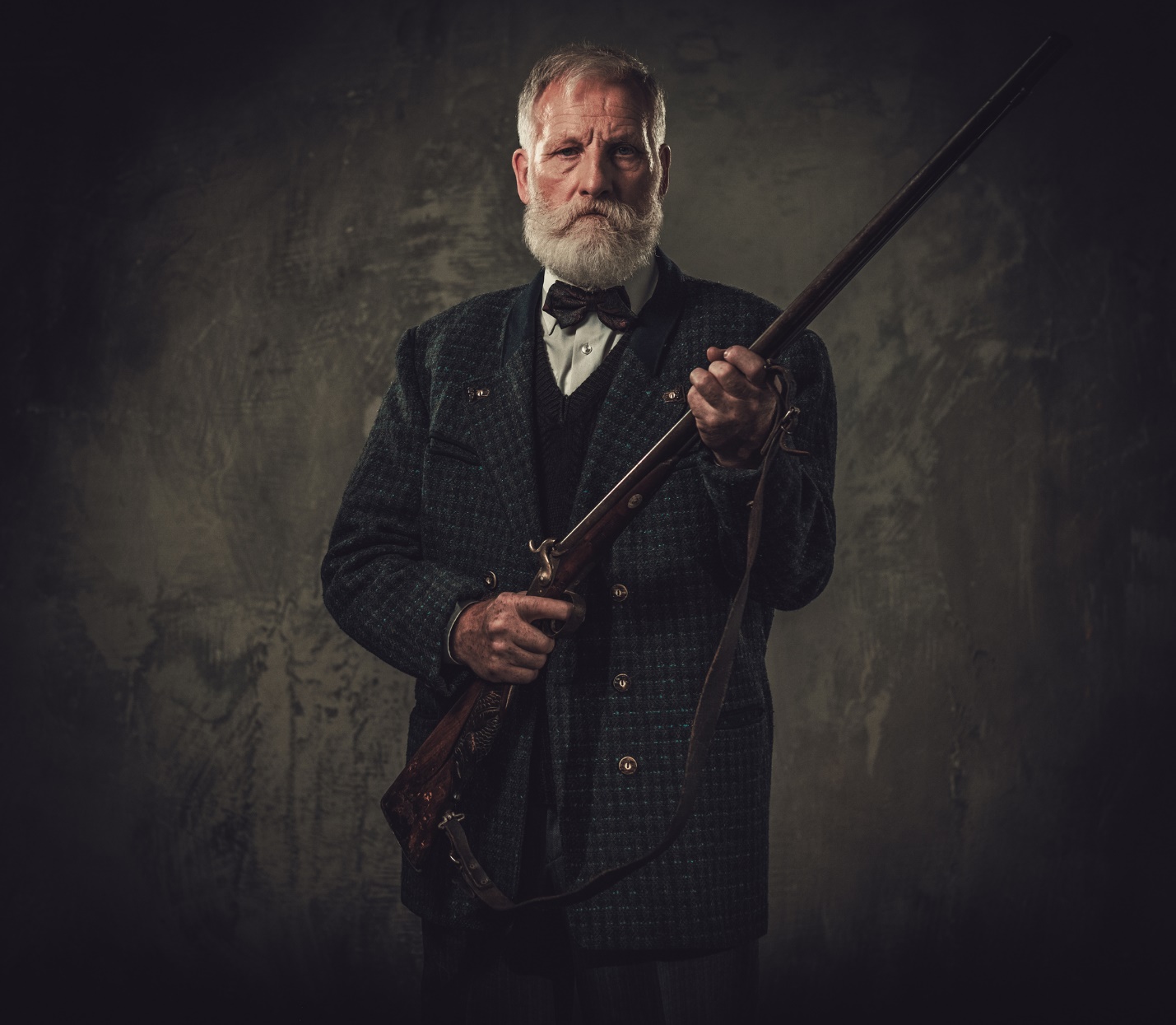
Grandfather Gabriel is here—he died at the age of 91 after spending his last year in a nursing home because, as I was told by my mother, “he was seeing Chinamen in the trees” and stopping cattle trucks on the highway, shotgun in hand, because he thought they were stealing his cattle.
Uncle Garfield is here as well—he died of pneumonia at six weeks old driving my grandmother to the brink of insanity probably because she thought God was punishing her for birthing her first child, Olaf, thirteen years earlier out of wedlock. Grandmother never liked Olaf. Not really. She also viewed God as a wrathful, shaming parent (created, no doubt, in the image of her mother).
Yes, my grandmother is buried here as well, a woman who was very scary and who drove a generation (actually two) to walk away from God due to her marriage of religion to Borderline Personality Disorder. A shaming, abandoning, angry God is never one you want to serve. Instead, you want to turn and run the other direction and end up hating Him thinking that He is like your grandmother. Ironically, her scarlet letter is buried next to her—Olaf, the bastard child (that is the descriptive phrase from her generation) whose mere existence publicly paraded her shame.
Times have changed. Today we do not even seem to be ashamed when we kill our babies in the womb. But who knows—maybe sometimes we erase them not just for the sake of convenience but to hide our shame whether we know it or not. We blot out our mistakes and then go on merrily with our lives even though a black shroud hangs over our souls.
My great grandmother is in the ground next to my feet. All the pictures I saw of her were severe and, well, scary, just like her daughter. I never met her, but I guess I cannot entirely blame her for being so angry when her husband up and abandoned her fifteen years into their marriage, going back to Norway to be with his first love. Her husband’s remains are not here, of course. He was undoubtedly buried somewhere in Norway. I wonder what they put on his headstone back there in the mother country. Maybe, Faithful to the end to his [second] wife.
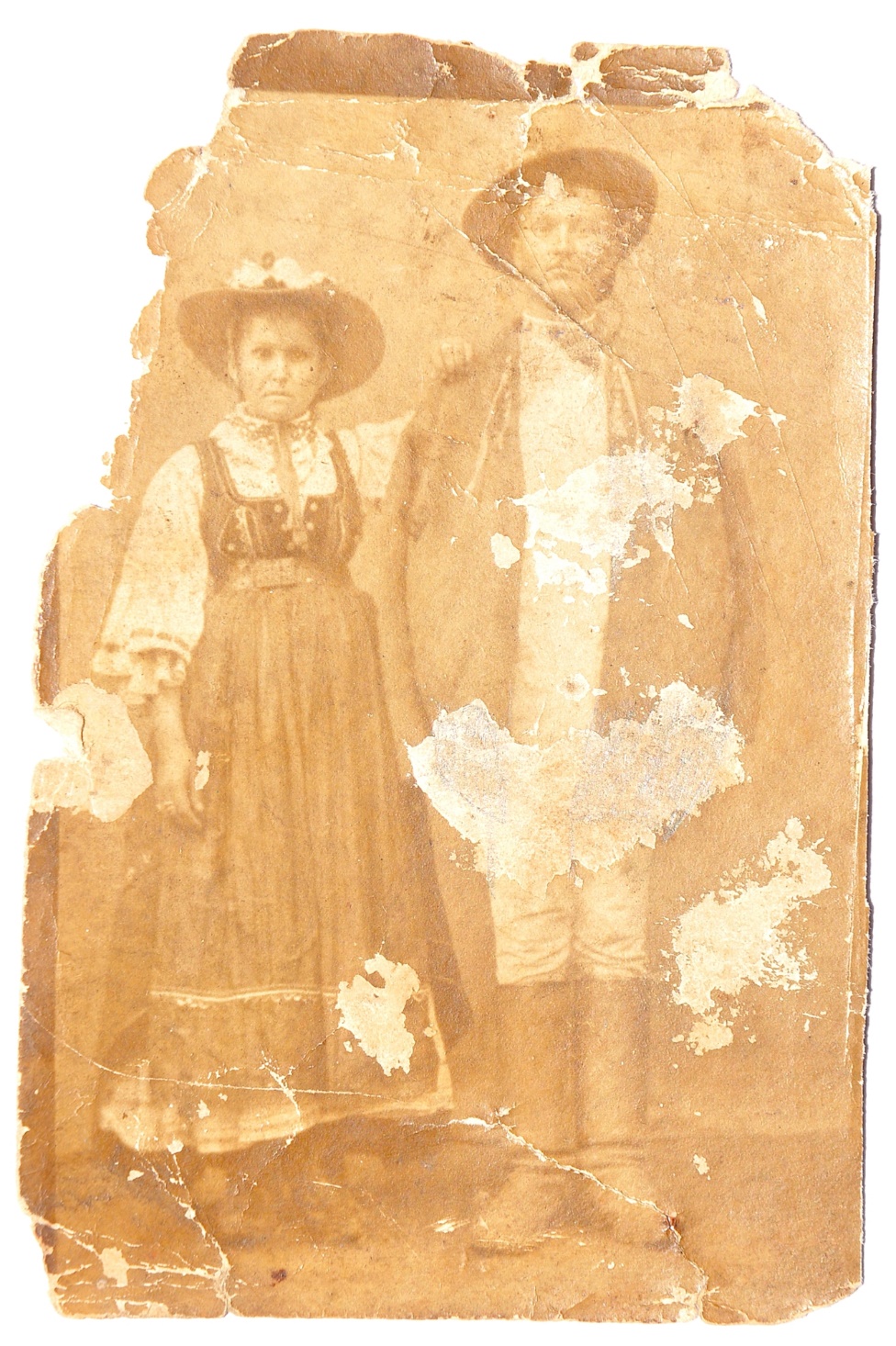
I do not comprehend how a man could live with himself after abandoning his wife and only child. But then, maybe great grandmother was an impossible woman to live with and drove her husband away. Possibly, she emotionally castrated her husband. It is true that few women in the family seemed to like men. But, of course, I wonder what the men did or did not do that made the women’s hearts feel unloved and maybe even rejected? Marriage, the impossible relationship.
There is only One can cause a marriage to thrive.
Like I said, her countenance was a bit scary, like my grandmother’s. Is that still a reason for him to abandon his daughter? Could he not have figured out his marriage (there probably was no marriage counseling in 1910 in rural Minnesota except with the pastor maybe) or divorced his castrating wife (or learned to love her) and moved somewhere nearby to be present for his daughter?
Oh, the choices we make. All of us. Me.
I’m sure her father’s gut-wrenching departure was one reason my grandmother was afflicted with Borderline Personality Disorder. After all, abandonment appears to be a key ingredient in some personality disorders—especially if you dwell on the abandonment every day and either rehearse hating the one who left you or rehearse hating yourself for being so unlovable as to be left. Yes, if a parent leaves you, there must be something fundamentally wrong with you.
I take a deep breath and shift my attention to the freshest grave in the family site.
I do not know what you do when you visit a grave of someone you loved in this world. I briefly pictured what state of decomposition my mother’s body was in but then quickly pushed that totally unhelpful image out of my mind because I know it is just her shell down there in the cosmetic capsule of decay. I thought of her hand, the one I had held many times over the years—including the day she died—thinking about it being buried down there beneath the ground.

I do not think it is the touch of that fleshly hand that is most salient to me but the spirit that was communicated through that hand—the spirit of an eternal personality created by God.
Death feels so wrong to me. Innately wrong. Totally wrong. It should not happen. Death creates such a dissonance in me—probably because we were created as eternal beings. I think I can imagine what people must feel who do not know Jesus. I wonder if they avoid going to a cemetery because it reminds them that their loved ones are gone forever and it also reminds them that they, too, will one day be reduced to a stone marker in a graveyard or become part of some impersonal and endless circle of life. What a hopeless end if one is honest.
It is sad the lies we must tell ourselves if we reject the truth. If we lie to ourselves long enough, the lie becomes truth in our eyes and the truth becomes a lie. How tragic to choose to exist in this world with a truth-lie that is unlivable at worst and anxiously depressing at best.
Eventually, I take several steps back from the family monument and the graves that have been there anywhere from a year to ninety years. Will I meet all these people one day? Will my grandmother be there? Was she a woman only of religion and not of true faith? Did her mental illness possibly fueled by her father’s abandonment and her mother’s annihilating anger interfere with her ability to know God on the level of an intimate relationship? Was she only able to conceive of God as a code of law and not a being of love?
I have deep empathy and compassion for my grandmother today and wish she could be one of those four thousand dead people to rise from the grave. I would speak with her first—after I embraced her. She built such a thick, intimidating wall around her heart that she scared off all who dared to come close. How tragic when our self-protection guards our hearts even against love.
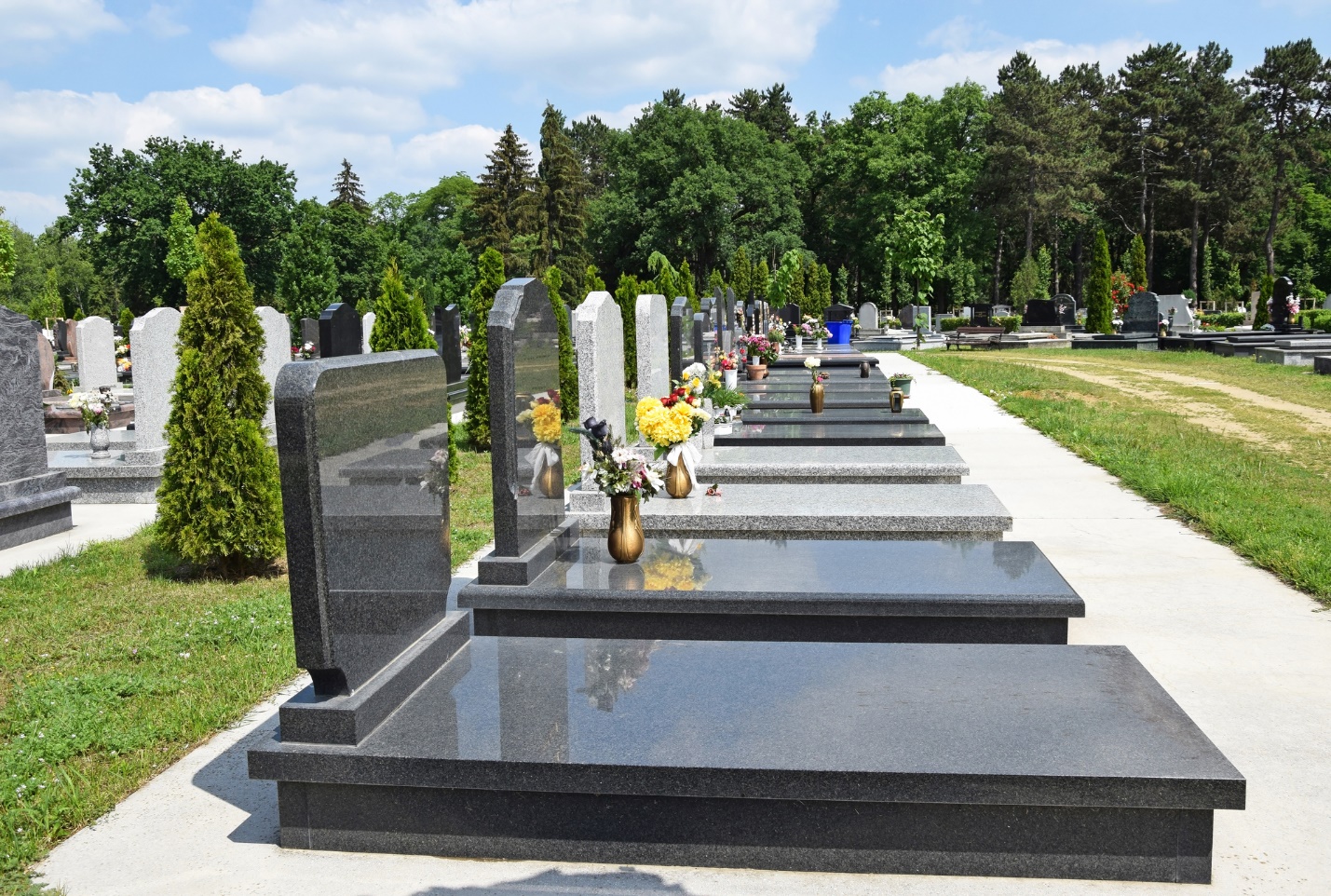
I intentionally seek out the grave where another uncle is buried. Because he married, he and his wife purchased a plot away from the rest of his biological family. This uncle died suddenly, shockingly—far too young. It is never a good thing to mix Benzos and hard alcohol.
I am sad as I stand at his grave. He was the closest thing I had to a father in some ways. But he was afraid of my grandmother, so he rarely came around. Never underestimate the venom of a woman who was wounded by men. Never underestimate the selfishness of men who wound women.
I drift through the cemetery for four hours (unbelievably) reading the inscriptions on many headstones and grave markers. Time is suspended. I am in an alternate reality, as it were. I see the names of many people I knew 45 years ago. Some I knew had died. But many of the names of the dead surprise me since I had not heard of their demise. My shoulders and chest are weighed down with the heavy sorrow of loss.
One of the deceased had owned a gas station in town. Another was a friend of my grandmother. Yet another was a relative that I never knew very well. I see the name of a beloved Sunday School teacher and also the father of one of my friends who was an insurance agent in town. Why are all these people dead? What is wrong with this picture?
I stop abruptly. I see another familiar name: Roy P. Could it be? Yes, it is the man who was always so kind to me at the Lutheran church I attended every Sunday as a boy. He played the violin and lived in a big, old house with his wife. He actually knew and believed the Bible. Shortly after my conversion at age 17, he was the first person to give me a verse. It meant a lot to me since I had little to no male presence in my life.
The verse was Matthew 6:33: But seek first the kingdom of God and His righteousness, and all these things will be added to you. These words will be important to me until the day I die.
I feel that same heavy grief that Roy is gone. But I am also thankful that God put him in my life for a short season early in my faith journey. All those people who walk with you on your faith journey—even if for only a few minutes or a day or via a podcast or a book–add up over the years. It is like being surrounded by the great cloud of witnesses mentioned in Hebrews 12.
I move on. Gravestone after gravestone. Name after name. Date of death after date of death. So many people I used to know above the ground. Now they are beneath my feet. (Out of nowhere, I remember my grandmother getting angry at me for stepping on people’s graves.) Forgotten by most. Silent. The breeze softly rustling the leaves on the trees around me makes more sound than the four thousand people in the cemetery. Have I mentioned that death is so wrong? People are not meant to fade away and be silenced to eternal muteness.

In that moment, I think of the last breath. I have been in the room for the last breath at least twice and a half dozen other times have left the room shortly before it occurred. The first time I was there, the last breath was exhaled as a loud “death rattle” as some have called it. That was my grandmother’s dying exhalation. Her death was traumatizing. My mother’s last breath was so quiet I did not hear it. I had to lean in close to her face to even know she was gone.
The sound of the last breath is not so important, of course. Knowing that we will all take the last breath is what matters.
A single breath is all that stands between life and death–one exhalation from our lungs. I read somewhere that if you live to age eighty, you will take 672,768,000 breaths during your lifetime—even more if you are an athlete. Then the end comes. Even though 673 million breaths seem like they will go on forever, eventually we all reach the last one. Even Jesus “uttered a loud cry and breathed His last” ~ Mark 15:37.
I come upon a large, newer, shinier headstone that shocks me. Unbelievably, it is Sean, a man two years younger than me that I had met several years out of college in my small hometown. How did he get here? He, like my uncle, is way too young to be here. I can only guess that he had possibly died from health complications due to AIDS.
I swallow hard and shake my head. Tears come to my eyes. He was one of the photographers at my wedding. He loved crystal figurines, Barbara Streisand, and Bette Midler, but not Jesus.
I feel deep regret. I sigh the deep sigh of grief. After my wife and I got married, I lost track of Sean. (Marriage can be such a wonderful relationship but it can often interrupt and even terminate other friendships in unnatural, maybe even self-centered ways.) Now my heavy sorrow in the cemetery is compounded by a fresh wave of grief.
Thirty years went by, and I did not reach out to Sean more than one time. He had died ten years before my walk in the cemetery, so I guess it was only twenty years ago that I had spoken to him last. Still, twenty years had gone by since I had seen him and now, he is one of the silent ones. I stare at the grave a while longer.
It is incredible that he is beneath the sod. I am feeling the breeze and the warmth of the sun, and he is gone, far from the sun. I sigh once more.
Several hours pass. I continue to drift through the silent depository that is green with grass and leafy trees but infected by a surreal darkness. I walk past many more graves. One has a tractor engraved on the headstone. Another has a pair of ballet shoes resting on top of the monument that look the right size for a six-year-old. I cry again. This whole death thing is getting overwhelming. The last tombstone tells a story I remember from the local paper. Here lies a fifteen-year-old boy who shot himself with his father’s gun. I sigh yet again.
Then I am back where I started four hours earlier.
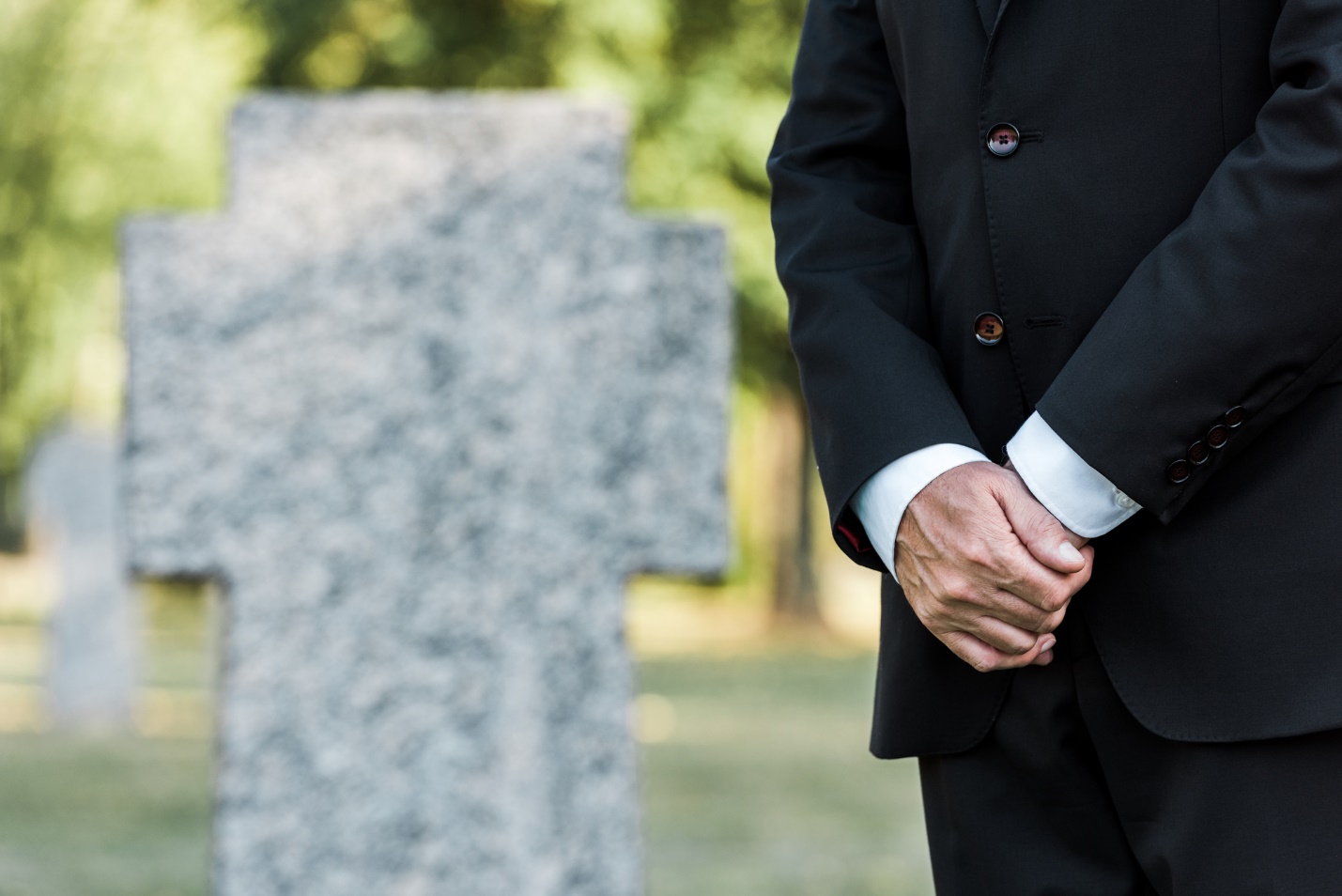
I close my eyes. I’m so thankful I’m not an atheist, or even an agnostic.
I thank Jesus for pursuing me and opening my eyes to see the Light that promises life beyond the grave. If this life is all there is, I would feel a deep emptiness within me. I honestly do not know if I could go on because life would feel ultimately meaningless. What would I do about that emptiness? How would I fill it?
How does one stave off the nagging sense that there must be more than what this fleeting world of sight can offer all the while being seduced to settle for so little?
On the one hand, the cemetery depresses me because it reminds me of dying and death. Dying can be so sudden and tragic. It can also be so slow and tragic accompanied by grueling treatments, the wasting away of one’s strong body, the fear of what comes next, pain, strange smells, unwelcome sounds, and losses like ambulation and eating. Then there is the letting go of this world and everyone we love.
Death marks the end of decision-making. How many people in this graveyard took their last breath after living a lifetime with their back turned to their Creator? Why did they not reach out to Him when they discovered that they were terminally ill? Certainly, they had time to “get right with God.” What on earth was so important that they would not choose Him or so offensive about Jesus that they had to give Him the cold shoulder? I sigh deeply. No, this time I groan.
††††
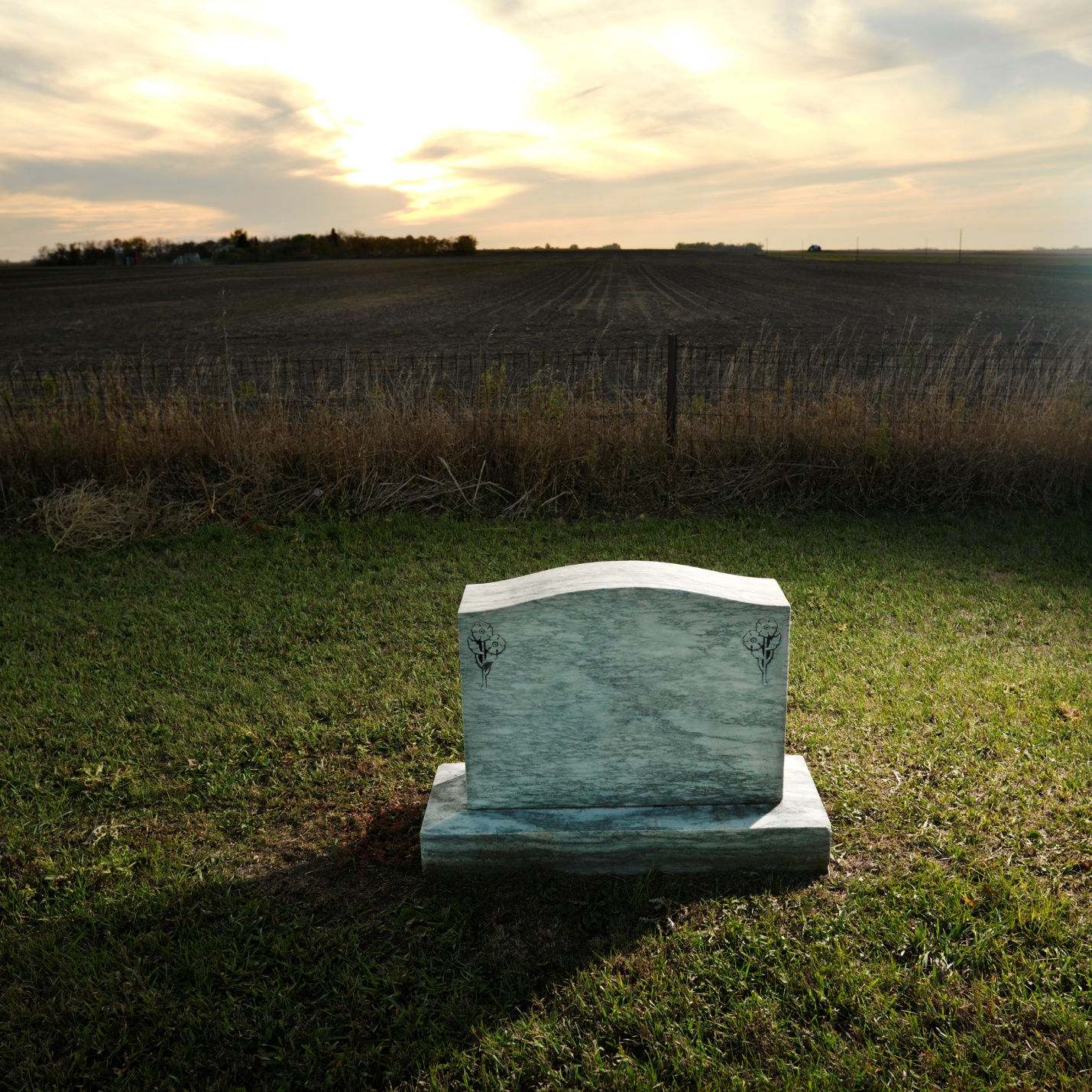
I open my mind’s eye and see a new gravestone before me. I lean in close to read what is written on it. Lo and behold, I see my name engraved in the white marble. Below the date of birth and the date of death are the words, Let not your hearts be troubled. Believe in God; believe also in me . . . I will come again and will take you to myself, that where I am you may be also ~ John 14:1ff
With my eyes still closed, I smile and remember at that moment that because of Him, I do not fear death. The thought of my body in the ground is accompanied by a profound peace, for I know that I will not be here but there, with Jesus. With Jesus. With Roy. With my family and with the family of God. What could be better? Forever.
The sound of car tries crunching over gravel alerts me that my wife is in the cemetery to pick me up. It is time to leave. I may never come this way again as I live so far away, and I rarely return to my hometown. More sadness. I say goodbye to my mother even though I know she is not there.
I open my eyes and turn to walk toward the car. As I walk, I think about the psychology of death . . . and Jesus. How much mental illness is caused by the belief—even if unspoken–that this world is all there is, that when I die, it is the end of me, that I daily must repress the fear of death beneath other distractions, fleeting pleasures, and addictions because the reality of it would make life too scary and depressing?
God made us eternal beings to be with Him forever. Move away from Him and welcome emptiness, depression, anxiety, and a profound fear of abandonment that will reduce life to an 80-year grueling survival. Move toward Him and experience the life described in Romans 5:1.
Therefore, since we have been justified by faith, we have peace with God through our Lord Jesus Christ. Through him we have also obtained access by faith into this grace in which we stand, and we rejoice in hope of the glory of God. Not only that, but we rejoice in our sufferings, knowing that suffering produces endurance, and endurance produces character, and character produces hope, and hope does not put us to shame, because God’s love has been poured into our hearts through the Holy Spirit who has been given to us.
Then I saw a new heaven and a new earth, for the first heaven and the first earth had passed away, and the sea was no more. And I saw the holy city, new Jerusalem, coming down out of heaven from God, prepared as a bride adorned for her husband. And I heard a loud voice from the throne saying, “Behold, the dwelling place of God is with man. He will dwell with them, and they will be his people, and God himself will be with them as their God. He will wipe away every tear from their eyes, and death shall be no more, neither shall there be mourning, nor crying, nor pain anymore, for the former things have passed away ~ Revelation 21:1-4
For to me to live is Christ, and to die is gain ~ Philippians 1:21

Welcome home, beloved child. I died so you could get in–not into the cemetery but into my family and into my eternal Presence. Now you’re here with me–forever!!
